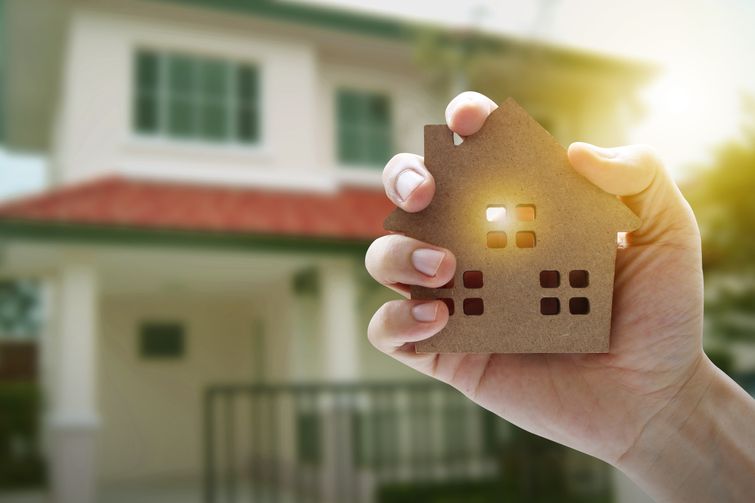Buying a home is one of the biggest investments you can make. You need to be financially prepared to cover the costs of homeownership, starting with paying the minimum down payment.
This blog will discuss the minimum amount of money you need for a down payment and other closing costs that you can expect to pay during the home buying process.
Minimum Down Payment
In Canada, the minimum down payment required to purchase a home is 5% of the home purchase price. A larger payment percentage is always encouraged but not required. But, in some places like British Columbia, many buyers aim to pay much more than the minimum.
In BC., BIV.com recorded the average down payment of 22.45% in 2021. So, if you purchase a home at a purchase price of $600,000, you would pay $134,700 in a down payment. Following the federal down payment requirements, you would only pay $30,000.
While a large down payment is better, a lower down payment is much more feasible for many people entering the market.
Why Save For A Larger Down Payment
While the minimum down payment amount is 5%, homebuyers are encouraged to save more. A bigger down payment offers many benefits including lower monthly payments, more buying power, and greater initial equity in your home.
Smaller Payments
A larger mortgage down payment means a smaller loan remaining. As a result, you will accumulate less interest, and your monthly mortgage payments will be smaller.
Smaller payments can be beneficial for many reasons; you will have more money to spend on monthly housing costs, bills or other debt, or you can put more away into your registered retirement savings plan. You will have more of your own funds to use for whatever you like!
Find More Homes & Qualify For A Larger Mortgage Loan
The housing market in British Columbia is on the rise, and the average home price is skyrocketing. While you may have had a 15% down payment saved for a home before, that once-sizable down payment will cover less as the purchase price of homes rise. Additionally, if you had saved the total minimum down payment, it’s likely that you now do not have enough for a down payment altogether—or at least for homes you want to buy.
Increasing your down payment fund will put you in a good position in the market. You will have a higher down payment to use on houses. Similarly, you may be able to put in an offer on some other homes that would typically be above your price range because you could receive a larger mortgage loan.
Many buyers do not realize that their down payment influences their home loan. Alongside an evaluation of your credit history, debt to income ratio, and annual income, your down payment affects the amount that you qualify for. The more money in your savings account, the higher the price of the home you can afford.
Avoid Mortgage Loan Insurance
You do not have to purchase mortgage insurance when you have a 20% down payment or greater because you have a conventional mortgage—not a high ratio mortgage.
High ratio mortgages are when the mortgage covers 80% or more of the home’s value. Due to their additional risk, buyers with high-risk mortgages have to purchase mortgage default insurance, which is added to their mortgage amount.
Other Closing Costs To Consider
Down payments are not the only closing cost that you need to consider. You will need to pay upfront other fees, including some that will go to your real estate agent.
Provincial Sales Tax
If you buy a newly-built home from a builder, you can expect to pay the 7% sales tax on the purchase price. The sale of owner-occupied homes is usually tax-free.
Real Estate Agent Fees
Your agent worked hard to help you purchase your home, so you need to pay them for their services. Thankfully, you do not have to worry. The seller’s agent usually pays both real estate agents’ commissions as a lump sum from the home’s purchase price.
Mortgage Default Insurance
As previously mentioned, buyers with a down payment of 20% or less must purchase mortgage loan insurance.
Mortgage loan insurance, also known as default insurance, is a type of insurance coverage that protects your mortgage lender if you cannot pay your monthly mortgage payment. Buyers are responsible for paying the premium, which is typically added to their mortgage principal at the time of purchase.
You can purchase mortgage insurance through three providers in Canada: the Canada Mortgage and Housing Corporation (CMHC), Genworth Financial, and Canada Guaranty. Your lender or financial institution can help you secure insurance.
Buyers can estimate their CMHC insurance premium using a calculator provided by the CMHC.



